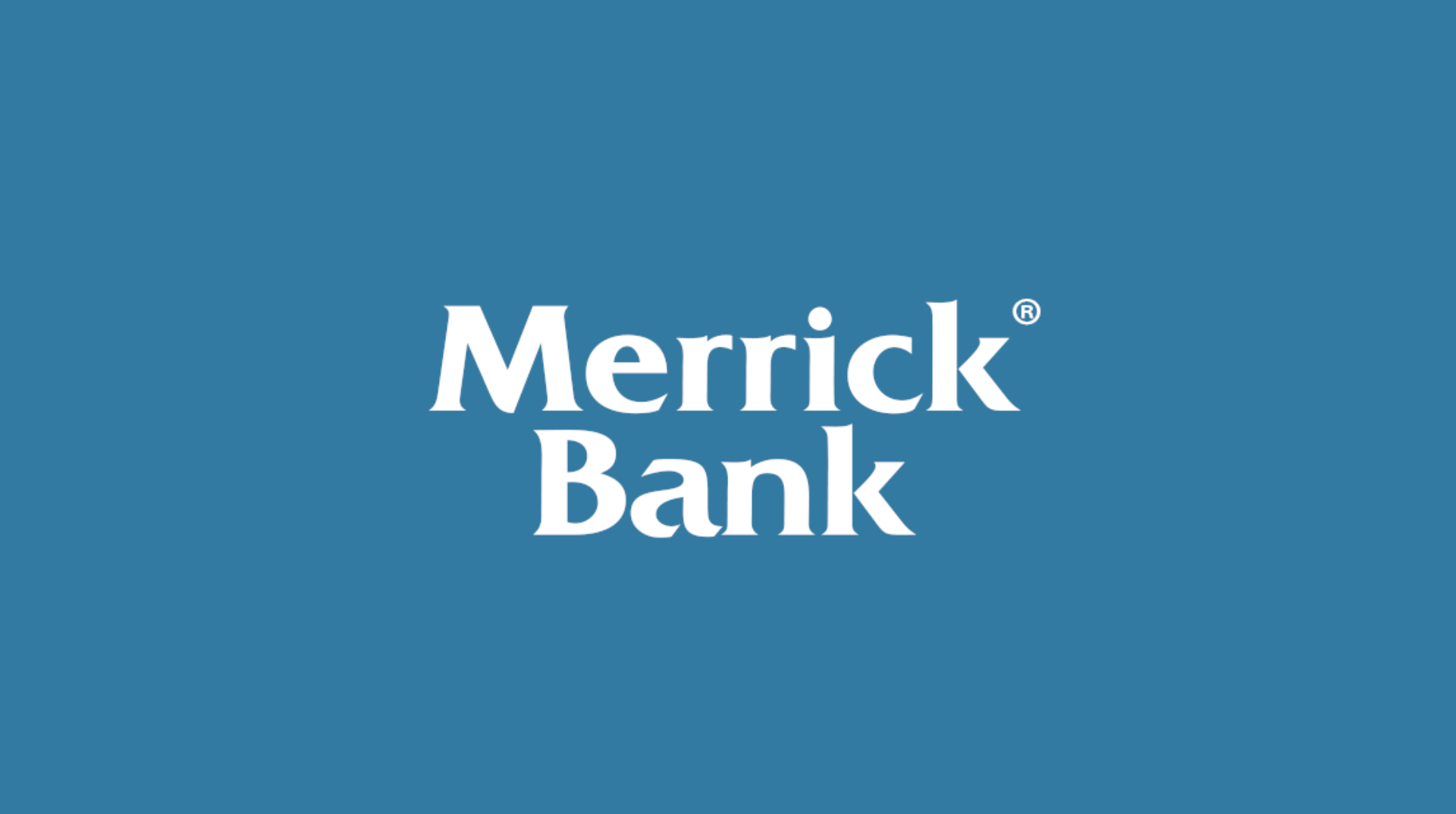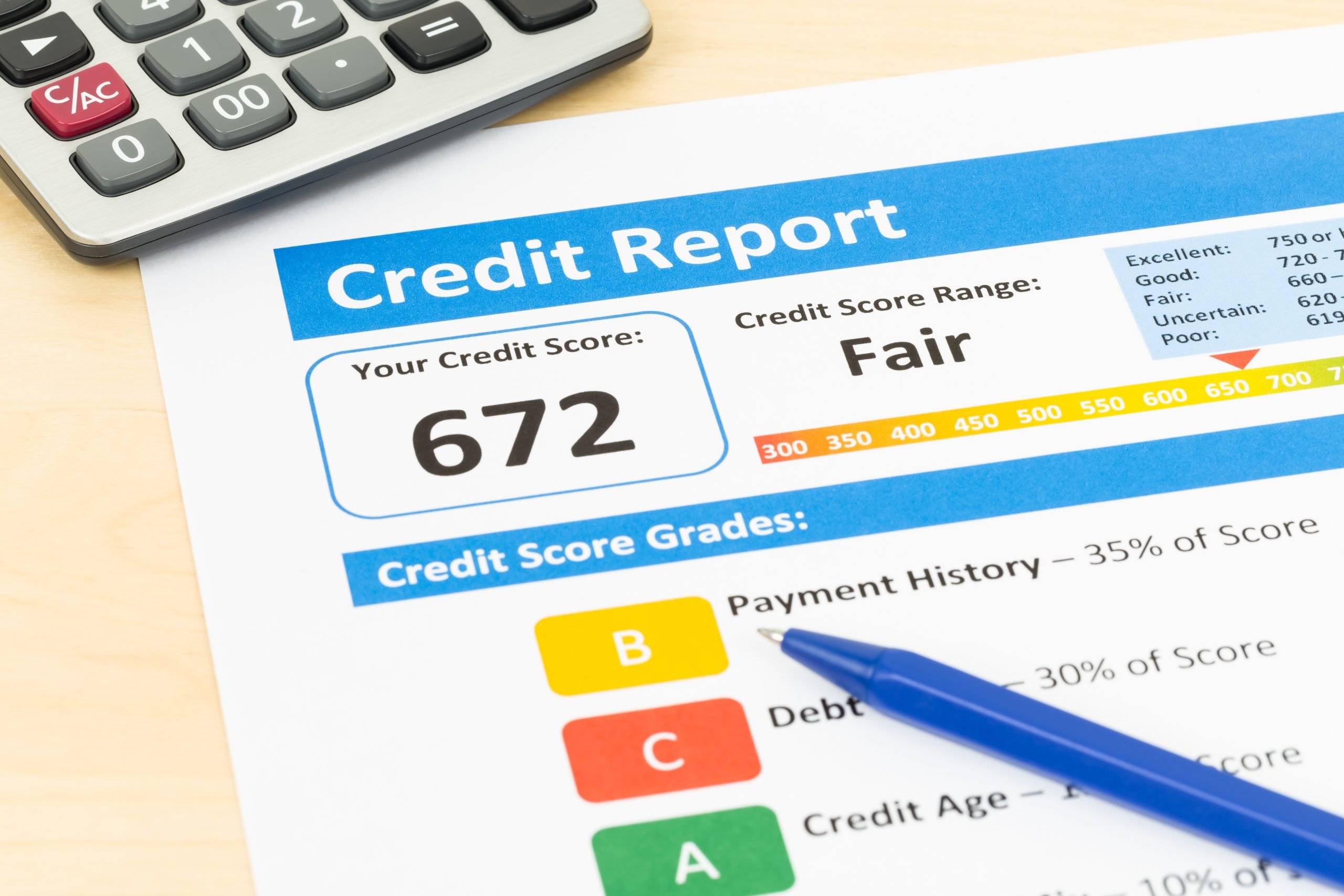Finances
What Is a Jumbo Loan? Key Facts You Need to Know
Explore the world of jumbo loans and how they enable the purchase of luxury properties beyond conventional mortgage limits. Perfect for high-value real estate aspirations.
Advertisement
A jumbo loan can help you finance your dream home

In the world of high-value real estate, what is a jumbo loan becomes a key question. It’s a vital tool for those eyeing luxury properties, transcending standard lending caps.

Mortgage rates in the US: highest level in over a decade
The mortgage rate has reached unprecedented levels in the last 10 years. Understand what brought us here and what we can expect for the future of the real estate market.
Jumbo loans unlock exclusive real estate opportunities. With unique criteria and benefits, they’re essential for understanding high-value property investments. Dive in to discover how.
What is a jumbo loan and how does it work?
A jumbo loan is a type of mortgage for homes that exceed standard loan limits. It’s tailored for high-end real estate, where traditional financing falls short.
Interestingly, jumbo loan amounts vary by location. In most areas, loans over $726,200 qualify as jumbo, reaching up to $1,089,300 in pricier regions.
Moreover, jumbo loan rates can be competitive. They often match or even undercut conventional loans, making them surprisingly affordable for qualified buyers.
Additionally, these loans come with various terms. Typically, borrowers opt for 15 to 30 years, balancing monthly payments against total interest costs.
Also, it’s important to note the fees. Jumbo loans may have higher closing costs and underwriting fees, reflecting the larger loan amounts and risk involved.
Finally, jumbo loans require thorough financial vetting. Lenders scrutinize credit scores, debt-to-income ratios, and cash reserves more stringently than with standard loans.
You will be redirected to another website
You’ll receive messages for less than 1 week, with a maximum of 1 message per day. You can unsubscribe anytime by replying STOP. By submitting this form, I confirm that I am 18+ years old and agree to the Privacy Policy and Terms and Conditions. I also provide my signature, giving express consent to receive informational messages via automated emails, SMS, MMS text messages, and other forms of communication. Message frequency may vary as part of our good-faith effort to respond to your inquiry. Message and data rates may apply. Text STOP to cancel. I understand that my consent to receive communications is not a condition of purchase and that I may revoke my consent at any time.
Jumbo loan: main features
When it comes to real estate financing, understanding what is a jumbo loan and its key features is essential. Let’s dive into the main aspects:
Limits

Jumbo loans break free from conventional boundaries, financing luxury properties beyond standard limits. They cater to high-end real estate markets, offering flexibility.
The loan limit varies by location, starting at $726,200 in most areas but reaching up to $1,089,300 in regions with higher home values.
This regional adjustment ensures that jumbo loans adapt to the diverse needs of upscale property markets, providing access to prestigious homes.
Rates
Jumbo loan rates can match or even undercut conventional mortgage rates, depending on creditworthiness and market conditions.
This affordability makes high-end property ownership more attainable, given the right qualifications.
Just like conventional mortgages, jumbo loan rates are influenced by factors such as the borrower’s creditworthiness, current economic conditions, and market trends.
Borrowers with strong credit scores and financial stability stand to secure favorable jumbo loan rates, making these loans an attractive option for upscale property purchases.
Down payment
While traditionally associated with substantial down payments, jumbo loans have evolved to offer more flexibility.
Some lenders now accept down payments as low as 10-15% of the property’s purchase price, significantly reducing the upfront financial burden for buyers.
This shift in down payment requirements widens the pool of potential jumbo loan borrowers, making high-value properties more accessible.
Furthermore, reduced down payment prerequisites offer borrowers an opportunity to steer clear of incurring private mortgage insurance expenses, a common mandate when the initial payment falls under the 20% threshold.
However, specific down payment requirements may vary among lenders, so exploring various loan options is advisable to find the most suitable fit for individual financial situations.

The complete guide on how to refinance a mortgage
7 steps to getting a good mortgage refinance. Understand how this maneuver can reduce your total debt and mortgage time and even allow access to loans!
Eligibility criteria
Jumbo loans demand robust financial profiles. High credit scores, low debt-to-income ratios, and ample cash reserves are key qualifications to mitigate the larger loan risk.
Thus, lenders require extensive documentation, including tax returns and bank statements, for thorough financial vetting.
Some lenders may also request a second appraisal for property valuation. These criteria ensure borrowers have the financial stability to manage jumbo loans responsibly.
Jumbo loans: pros and cons
As we delve deeper into understanding what is a jumbo loan, it’s essential to weigh the pros and cons carefully. Let’s explore the advantages and drawbacks of these high-value property financing options:
Pros
- Access to Luxury Properties: Jumbo loans open doors to upscale real estate, allowing buyers to invest in high-value homes.
- Competitive Rates: Surprisingly, jumbo loan rates can be competitive, offering affordability for qualified borrowers.
- Flexible Down Payments: Some lenders accept down payments as low as 10-15%, making jumbo loans more accessible.
- Tailored to High-Value Markets: Jumbo loans cater to prestigious real estate markets with varying loan limits by location.
- Longer Terms: Borrowers can choose terms ranging from 15 to 30 years, balancing monthly payments and interest costs.
- Wealth Management Opportunities: High-income individuals benefit from jumbo loans, often needing additional wealth management services.
Cons
- Stringent Eligibility: Jumbo loans require high credit scores, low debt-to-income ratios, and substantial cash reserves.
- Higher Closing Costs: These loans may have higher closing costs and underwriting fees due to the larger loan amounts.
- Documentation Demands: Extensive financial documentation, including tax returns and bank statements, is necessary.
- Appraisal Requirements: Some lenders may request a second property appraisal, adding to the process’s complexity.
- Risk of Over-Leverage: Borrowers must manage their finances carefully to avoid becoming over-leveraged with larger loan amounts.
How to qualify for a jumbo loan

To qualify for a jumbo loan, it’s essential to understand what is a jumbo loan and meet specific criteria. First and foremost, a high credit score is crucial.
Additionally, a low debt-to-income ratio is sought, with an ideal range closer to 36%. This shows to lenders that you have a healthy balance between your debts and income.
Furthermore, it’s essential to have cash reserves to cover mortgage payments. This requirement provides assurance to lenders that you can manage financial responsibilities.
Extensive documentation is another vital aspect of the qualification process. You should be prepared to provide several years of tax returns, W-2 and 1099 forms, bank statements, and more.
Lastly, some lenders may require a second property appraisal to ensure the property’s value aligns with the loan amount, adding an extra layer of due diligence to the process.
Is a jumbo loan the best option for your finances?
In conclusion, whether a jumbo loan is the best option for your finances depends on your unique circumstances.
These loans offer access to high-value properties, competitive rates, and more flexible down payment options, making them appealing to those in high-income brackets.
However, the stringent eligibility criteria, higher closing costs, and documentation demands may deter some borrowers.
Before diving into a jumbo loan, assess your creditworthiness, financial stability, and long-term goals.
If you’re considering upscale real estate investments and meet the criteria, a jumbo loan can be a valuable tool.
But if the requirements seem daunting, exploring alternative mortgage options might be a prudent choice.
Bottom line
To make an informed decision about your mortgage, it’s essential to explore various types of mortgages available.
Indeed, understanding the alternatives for your financial situation is crucial.
Learn more about mortgages and what options you have before applying in the following link to make the right choice for your homeownership journey.

Types of mortgage
There are more than one way to get a mortgage. Learn about the main ways to hire this type of loans without harming your financial health.
Trending Topics

Merrick Bank Double Your Line Secured Credit Card full review: should you get it?
Credit building? Count on the Merrick Bank Double Your Line Secured Credit Card: one of the lowest APR and many other advantages. Check out!
Keep Reading
Apply for 100 Lenders: Get Flexible, Fast Loans
Learn how to apply for 100 Lenders and get flexible loans from up to $40K for all credit types, with transparent terms and fair fees.
Keep Reading
Credit cards for fair credit: choose the right card for you
Choosing the right credit card is essential, regardless of your score. Here are 6 excellent credit cards for those with fair credit scores.
Keep ReadingYou may also like

Tarjeta de crédito Bank of America® Travel Rewards
Con la Tarjeta de crédito Bank of America® Travel Rewards, gana puntos y canjéalos por viajes, cruceros, estadías en hoteles y ¡Más!
Keep Reading
Huntington Voice Rewards Credit Card℠ full review: should you get it?
Few spotlights and lots of perks: discover the Huntington Voice Rewards Credit Card℠, a card with a rewards program that pays 3x points.
Keep Reading
AutoLoanZoom: find out how to apply!
Apply to AutoLoanZoom and get access to dozens of lenders willing to offer great conditions for the purchase of your new car!
Keep Reading